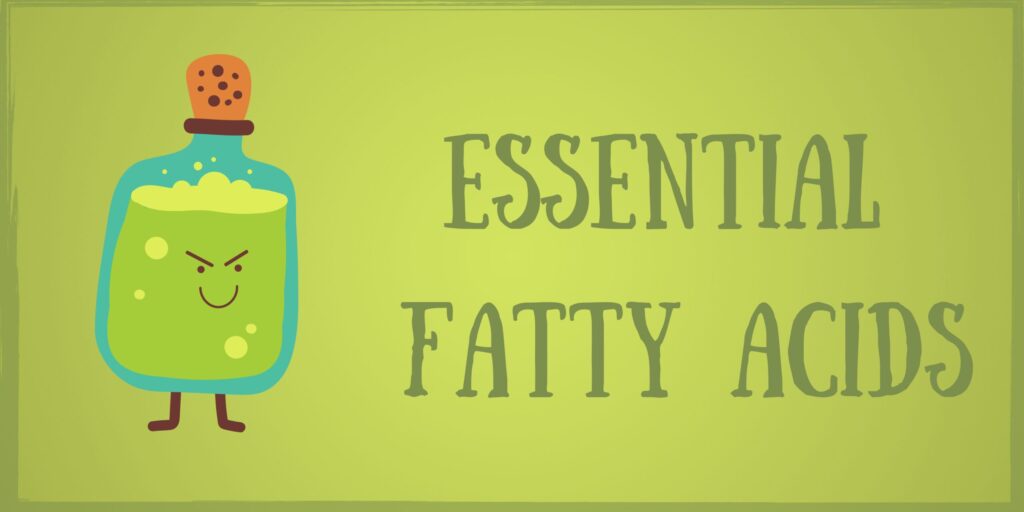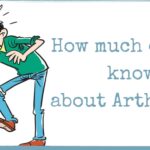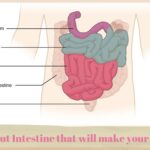Essential fatty acids’ benefits
Essential fatty acids’ benefits, foods, and deficiencies are elucidated in this article. All body functions rely on fatty acids for proper operation, and essential fatty acids can only be obtained through diet. Today’s culture places a high value on a healthy diet and a slimmer waistline. Remember, just because you lose weight doesn’t mean you’re eating better. Many people think that cutting out fat from one’s diet is the only way to slim down. Due to the fact that specific types of lipids are essential to a healthy body, this might be dangerous. Essential Fatty Acids (EFAs) are the name given to these important fats, and as your body can’t generate them on its own, they must come from your food. Linoleic Acid (LA), aka omega-6 and Alpha-Linolenic Acid (ALA), aka omega-3, are the two major EFAs for human beings. It aids in monitoring blood clotting: Omega-6 fatty acids increase the production of blood clots, whereas Omega-3 oil decreases blood clot formation. A healthy ratio of omega-3 to omega-6 fatty acids is preferred. It helps to keep the thyroid and adrenal glands working properly.
Sources of Essential fatty acids
Essential fatty acids are abundant in some diets. Flaxseed oil, soybean oil, walnut oil, tofu, walnuts, canola oil, mustard oil, flaxseeds, and chia seeds are all plant sources of omega-3s also known as ALAs.
Docosahexaenoic acid (DHA) and eicosapentaenoic acid (EPA) are omega-3 fatty acids found in animals. Fish oil, sardines, swordfish, salmon, anchovies, herring, sea bass, mackerel, and tuna are all good sources of DHA. EPA sources include sablefish, trout, shad, salmon, herring, menhaden, wolffish, and halibut.
Sunflower oil, soybean oil, Brazil nuts, walnuts, chia seeds, maize oil, almonds, canola oil, safflower oil, and hazelnuts are all good sources of omega-6s, also known as LAs. Omega-3 essential fatty acid supplements are widely used, such as cod liver oil, krill oil, and fish oil. Algal oil, a plant-based omega-3 supplement derived from algae, is a good option for people who don’t consume fish. Essential fatty acids’ benefits entail the development of strong cell membranes. It is necessary for cholesterol transfer and breakdown.
Benefits of Essential fatty acids
Experts recommend that Omega-6 FAs make up between 3% and 5% of total calories, whereas Omega-3 FAs make up between.5% and 1% of total calories. This equates to around 12 g of Omega-6 plus 3 g of Omega-3 in a 2000-calorie diet. Essential fatty acids’ benefits comprise the control of liver function, blood pressure, and immunological and inflammatory responses, among other aspects. Maintaining healthy skin and fostering appropriate eye and cognitive development in infants and children are other critical functions of fat. Seafood’s nutritional content is especially important during pregnancy, early childhood, and early adolescence. According to research, people who ingest omega-3s daily are less prone to depression. Children with Attention Deficit Hyperactivity Disorder (ADHD) may benefit from omega-3 fatty acid supplementation. The supplement helps children focus and calm their agitated, impulsive, and aggressive tendencies. For persons with metabolic syndrome, omega-3 fatty acids can offer a wide range of advantages. Insulin resistance can be reduced, inflammation can be diminished, and numerous cardiovascular risk factors can be improved with their use.
Deficiency of Essential fatty acids
Essential fatty acid deficiency (EFAD) is uncommon, particularly among those who eat a diverse diet. EFAD can be caused by a variety of diseases that alter absorption or metabolism. A dry, scaly rash, slowed growth, poor wound healing, and hair loss are all symptoms of EFAD. Essential fatty acids’ benefits include how well the nervous system and brain grow and work. It is vital for maintaining healthy skin and hair, as well as hormone production. A doctor will undertake a medical examination to see if an individual has EFAD and check for dried, scaly skin symptoms. They may also inquire about wound repair, development, and infection vulnerability. Physicians may do medical tests to assess liver and kidney efficiency as well as monitor essential fatty acid levels. If someone is diagnosed with EFAD, their doctor may advise them to consume a diet high in vegetable oils, nut butter, and oily seafood. They could also recommend an injectable liquid emulsion made up of soybean oil and some other fatty acid substances. Because a vegetarian diet is inherently low in fat, EFA-rich foods should be mindfully consumed as a part of your healthy lifestyle.



